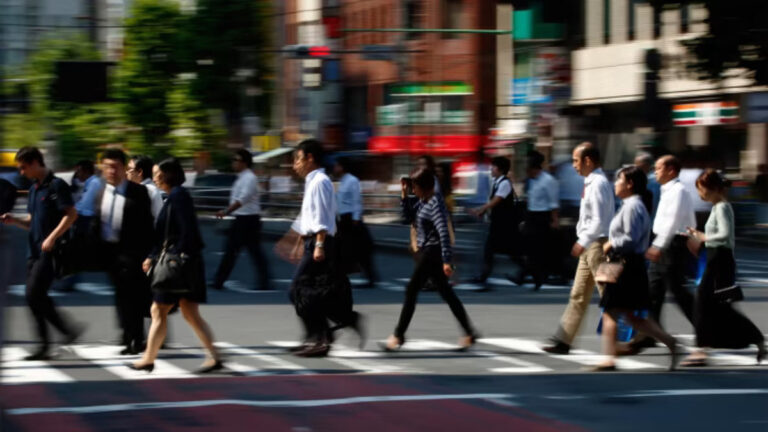🎧 Listen to This Article
TOKYO – In response to widespread fraud involving the resale of tax-free goods, Japan is set to overhaul its Consumption Tax exemption system for foreign visitors. Starting in November 2026, the reforms will simplify refund procedures, end spending limits, and tighten control over reselling, aligning Japan’s system with global tax refund practices for tourists.
Japan’s current Consumption Tax exemption system, which allows foreign tourists to buy tax-free goods, has been increasingly exploited by fraudsters reselling the tax-free items domestically. A 2022 investigation revealed that most visitors who made large tax-free purchases failed to take the items out of the country, leading to ¥1.85 billion in unpaid taxes. The government’s new approach, which shifts the refund process from point-of-sale to airport processing, is intended to curb such abuses and ensure tax revenue is properly collected.
The upcoming reforms, contained within the 2025 reform bill and scheduled for implementation in 2026, will streamline the tax-free shopping experience while ensuring stricter enforcement.
Economic & Compliance Impact on Tourists and Retailers
For international tourists, the upcoming changes to Japan’s Consumption Tax refund system will likely simplify the refund process. The removal of minimum spend limits and the elimination of restrictive packaging requirements will make tax-free shopping more accessible. However, tourists will now need to claim refunds at the airport after confirming that the goods are leaving Japan, adding a layer of administrative work to the refund process.
Retailers, especially those in popular tourist destinations, will also see changes. The reform removes the necessity for on-site tax deductions and replaces it with a more secure refund system that will be processed through customs at the airport. This change is expected to reduce administrative costs for businesses while improving oversight.
Insights from Tax Experts and Industry Leaders
Industry professionals praise the reforms as a necessary step to prevent fraud and ensure that tax revenue is properly collected. “The new system creates a fairer, more secure environment for tourists and businesses. By moving the refund process to the airport, Japan is taking a more international approach that reduces the risk of abuse and helps preserve the integrity of the tax system.
At the same time, retailers may face challenges in adjusting to the new system, especially those that heavily relied on the previous on-site deduction model. The shift could require further investment in staff training and system upgrades to accommodate the new refund claims process.
Next Steps and Implementation Timeline
As Japan moves towards the 2026 implementation date, tourists and businesses alike will need to prepare for the new system. The Japanese government and the Liberal Democratic Party have indicated that detailed guidance will be provided closer to the rollout, helping both consumers and retailers navigate the transition smoothly.
What to watch in the coming months:
- Further clarifications on the implementation process and the specifics of the airport refund procedures.
- How effectively the new system curtails fraudulent reselling of tax-free goods.
- Potential adjustments to other aspects of Japan’s tax exemption system as additional challenges arise.
For further details, clarification, contributions, or any concerns regarding this article, please contact us at editorial@tax.news. We value your feedback and are committed to providing accurate and timely information. Please note that our privacy policy will handle all inquiries



